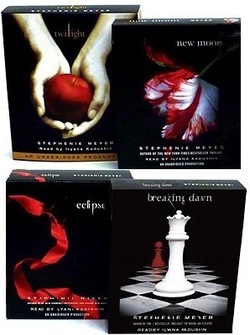 photo: Goodreads photo: Goodreads by Gabrielle Lund Argue that the love triangle in The Hunger Games was unnecessary (and I’ll most likely agree with you.) Guffaw at the tension, both “sexual” and aggravating, of Edward and Bella as he refuses to turn the one girl he loves into a vampire (and I’ll probably wince at the memory of the writing in these scenes.) But do not disclaim their success. These books are all members of The New York Times Bestsellers’ List for a reason and it has little to do with their contrived plots. Stephanie Meyers and other YA authors have continuously proven that an idea which involves one girl, in a vulnerable, desperate situation (where she happens to look like the pretty girl next door, but not a model), and two guys (bloodsuckers or tributes fighting for their lives) who love her, will, nine times out of ten, fly off the shelves.  photo: WeeLittlePiggy via flickr photo: WeeLittlePiggy via flickr Now more than ever, authors of Young Adult Literature are writing books with a series in mind, knowing that publishers will be more likely to listen to their story ideas if they have continuations in the works, specifically in the genre of romance. Books such as the Matched trilogy by Ally Condie and the Divergent trilogy by Veronica Roth have proved fan favorites because of their 1) dystopian nature (the new vampire craze) and 2) their love triangles. While the first book in each series starts off with the premise of a girl in a dying world, searching for answers but finding love instead, before ending on a cliff hanger. The second book in each leans more on exposition and a chance for each of the main character’s love interests to show why the leading female should choose them. While sometimes this plot can be worked out to show growth in the main character, many authors seem to fall under the pressure of having the three books to tell their story and use the second book as filler before the big finale, and the reveal of whom the main girl chooses, in the third book. 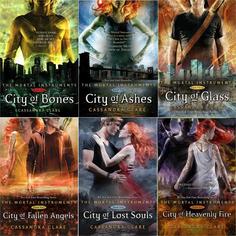 photo: booksofwondershop.com photo: booksofwondershop.com I could spend days talking about numerous series that only needed two books max, but perhaps what’s even more frightening is that authors, with reasonable trilogies, stretch their stories into the point where they become sagas, even adding novellas to prolong the “success” of their stories until they become repetitive. Series such as Cassandra Clare’s The Mortal Instruments, which started out as a trilogy, became a six book saga, has novellas, a prequel trilogy, a trilogy that occurs after the original saga and has been picked up as a show on ABC Family premiering in January of 2016. Another such series that took the trend a bit too far was The Selection series by Kiera Cass. Starting off, the trilogy followed America Singer, a girl chosen as a contestant trying to “woo” the prince in a dystopian set up much like The Bachelor. This went on to become a saga with the fourth and fifth book being about America’s and her love interest’s daughter, only this time the daughter is the one playing the role of The Bachelorette.
Yet another fault of these book is that there is this message that once again, girls cannot be the heroes of their own story or that their story isn’t worthwhile without a love interest. This ideal is being directed toward a market in which young girls are in a stage in their lives where they rely heavily on others opinions of them. To have stories of girls their age being practically worthless or too meek is a toxic message for what girls can do and who they can become. And before you blame the romance series in YA that aren’t so well known, realize even successful series have fallen into this trope while promoting their books and their adaptations, most recently Suzanne Collins' The Hunger Games. While each book could possibly stand alone, the reason so many viewers and readers keep being drawn to it is because it is promoted as a dystopian love story, when it is actually a heroine raising a rebellion and subsequently causing a class war.
1 Comment
Conciere Taylor
7/31/2016 09:43:25 pm
Thanks for an interesting review. Although I haven't read any of these YA novels your comments also speak to a trend in adult books, especially a number of e-books. I've learned that not all of these stories require any more books than the first, us usually by the third one you realize you've wasted your time and sadly you can't resell the book and at least out the money towards something without a sequel.
Reply
Leave a Reply. |
Archives
July 2024
Categories
All
|
|
Glassworks is a publication of Rowan University's Master of Arts in Writing 260 Victoria Street • Glassboro, New Jersey 08028 [email protected] |
All Content on this Site (c) 2024 Glassworks
|

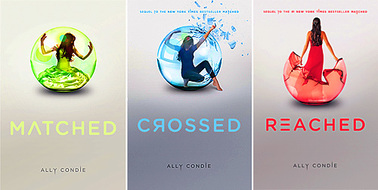
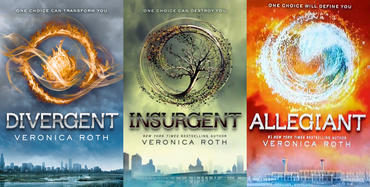
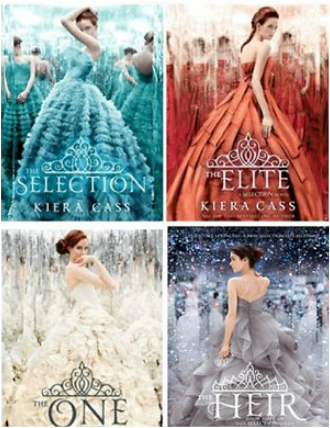
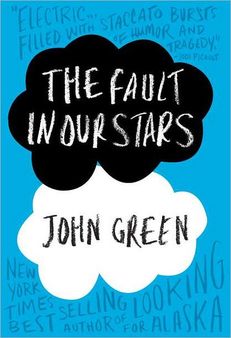
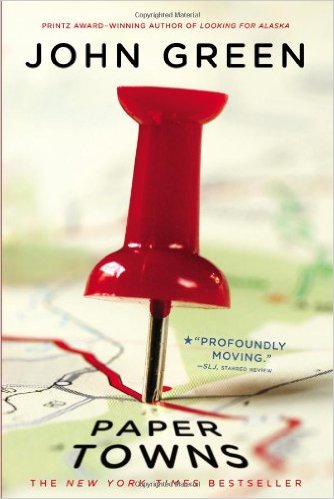
 RSS Feed
RSS Feed
